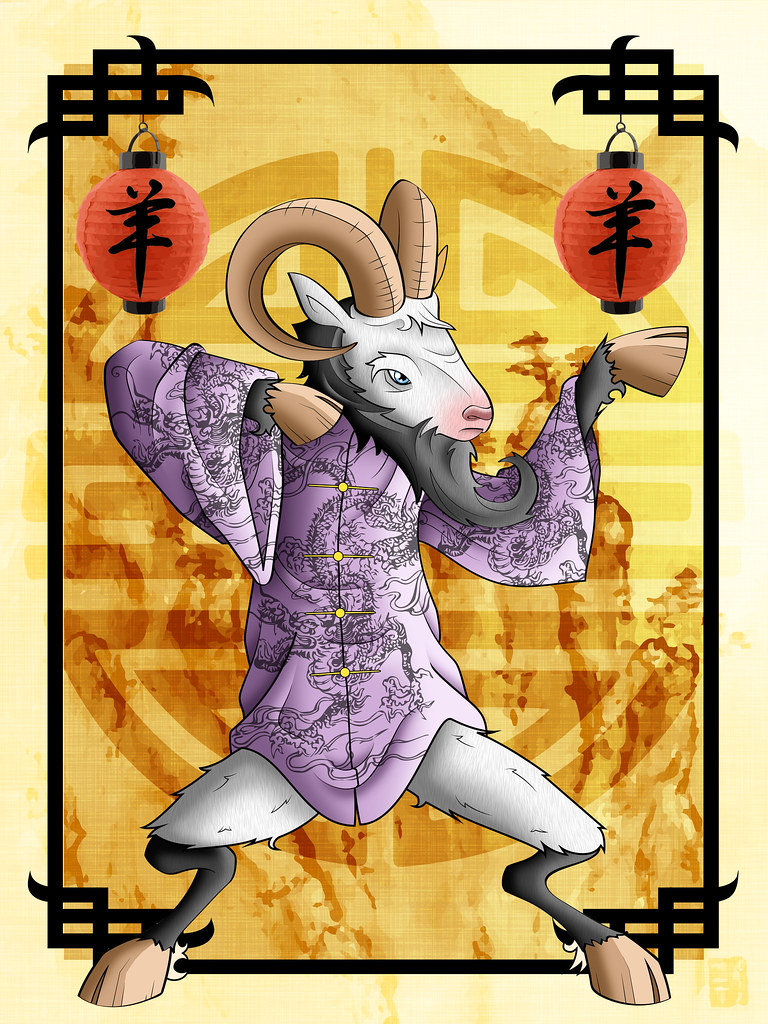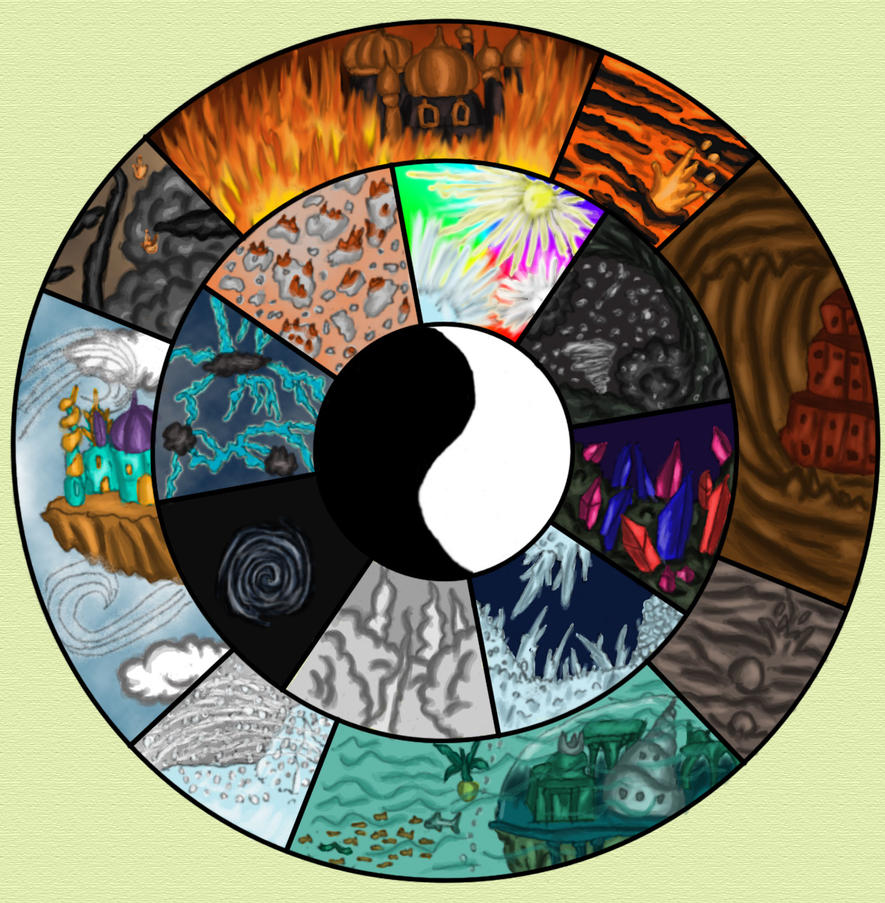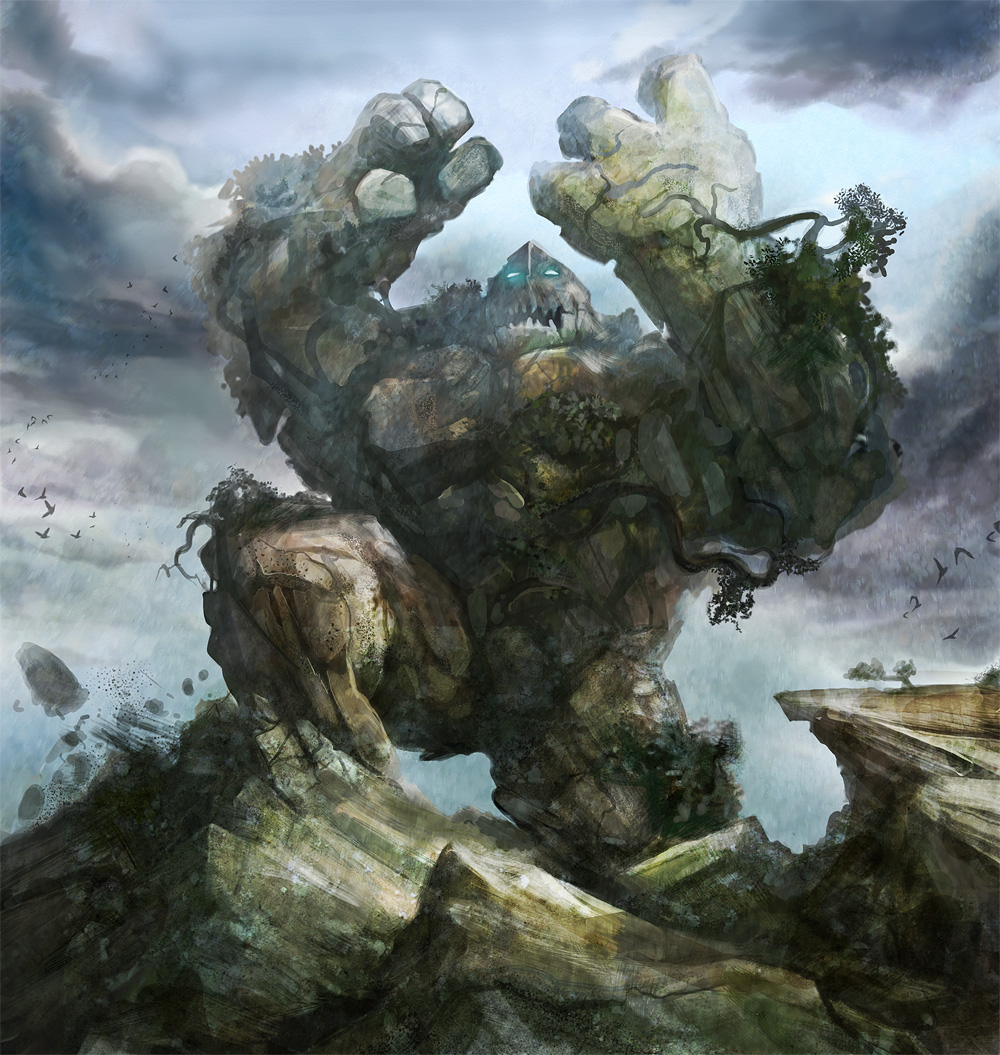Behold her on the silent sea,
Yon vessel like a spirit there!
Moved in a dream’s reality,
As if she trod the air.
None can tell from what creek or bay
She sailed out, or by night or day;
They watch her like a vision gone
Over the sea’s oblivion.
And, lo! she fades a spectre thin,
Part of the moonlight and the sea;
As if the waves and stars met in
A moment’s phantasy!
Or is it they stand hushed apart
And listen to her breathing heart,
As if the ghostly pulses stirred
To the voice of a faery bird.
A bird that chaunts somewhere between
The waters and the starry skies
A mystic song of what has been
Seen not of human eyes
Since when the world grew into birth,
And the white Moon enamoured Earth:
And she as in a vision gone
Moves to the music on — and on.
Yon vessel like a spirit there!
Moved in a dream’s reality,
As if she trod the air.
None can tell from what creek or bay
She sailed out, or by night or day;
They watch her like a vision gone
Over the sea’s oblivion.
And, lo! she fades a spectre thin,
Part of the moonlight and the sea;
As if the waves and stars met in
A moment’s phantasy!
Or is it they stand hushed apart
And listen to her breathing heart,
As if the ghostly pulses stirred
To the voice of a faery bird.
A bird that chaunts somewhere between
The waters and the starry skies
A mystic song of what has been
Seen not of human eyes
Since when the world grew into birth,
And the white Moon enamoured Earth:
And she as in a vision gone
Moves to the music on — and on.
Robert Crawford
The Dümplom emerged from Faerie into cold seas. The fading of the sun brought with it clear skies, a deep chill, and an icy rime forming on the deck. There was no land in sight anywhere and no wind.
As night fell, Leo pulled out compass and sextant and took the reading of the skies. It was Spring, he informed the crew, early November perhaps, some six months (if not years) since they first sailed into Faerie. The Dümplom was in the southern Atlantic, some two thousand leagues from where they’d first encountered the storm, and within the Antarctic convergence zone.
The officers gathered in the captain’s quarters and huddled over Leo’s maps and charts. Their current position was equidistant from both the Caribbean and the Republic, and Nova Brittania and home, but sailing to either would be a trip of at least 6 weeks (if the wind was in their favor the entire time). Rummy, as quartermaster, pointed out that they did not have sufficient provisions for a journey of that length, and were down nearly a dozen crew members from when they’d set out from New Caledonia.
The nearest land, Leo told out, would be the Sandwich Islands to the north-east or the Falklands to the north-west, with Cape Horn less then a day past that. After some substantial debate, Captain Caddis decided that they should head back to Moon Plum, to either let off Henrye and any others that were not committed to their present endeavors, and also to see if any of the villagers would like to join them. But first, they would stop in the Falklands to resupply.
Shivering as they went back out on deck, Caddis called on the power that the Leanan Sidhe had given him and took control of the weather, warming the air around the ship and creating a steady tail-wind from the temperature differential to get them going. Despite the chill, the crew seemed in very good spirits to be back in the real world, on a normal sea, with an intact boat and a clear course laid in. They sailed on uneventfully for two days, with nothing to see but endless stretches of empty water.
As evening fell on their second day back, Henrye started shouting from the crows nest, “Ship ahoy!” Caddis peered through his spyglass to the west where, silhouetted against the setting sun, he could just make out the lines of an old whaling ship riding low in the water. As the last light of day disappeared below the horizon, so did the ship, dropping out of sight in the gloom of twilight. Oddly, Caddis noticed, the ship appeared to be sailing directly into the wind.
They saw no more of the whaler, nor anything else, through the night and the next day. With the next evening a thick bank of fog rolled in, reducing visibility to only a few yards and navigation to guesswork. From the gloom came the dull clanking of a ship’s bell somewhere nearby, echoing eerily in the fog. Leo slowed the Dümplom and Thaduk started ringing his bosun’s bell to sound their position, hoping to avoid a collision.
Suddenly, the hulk of a ship loomed in the fog off their port bow. Its hull was rotten and stained black with age. Running to the rail, Caddis was just able to make out the name written on its worm-eaten bow—Deathknell. As the mist swallowed the ship once more, the clanging of the bell suddenly ceased. Sufficiently spooked, Caddis ordered Zarina and Oppenheimer to put them into the air. They flew up above the fog, but could see no sign of the other ship. Once they were clear of the fog bank, they put back down in the water and sailed on.
When Caddis related what he had seen of the ship, Adriana recounted an old ghost story she’d heard as a child:
On nights when Whalebone Pilk and his ghost ship Deathknell take to the waters, none are safe. Crewed by a company of the Drowned (the undead remnants of the ship’s original crew) and captained by Pilk himself, an undead abomination capable of stealing the very breath from the body of a living soul, the Deathknell is a ragged, mud-choked whaler that looks like it has spent years at the bottom of the sea.
Thus warned, they sailed on. As evening approached the next day, Caddis ordered the entire crew up on deck for the evening watch. Sure enough, as the sun began to set, they met a strong headwind blowing from the northwest. The wind brought them to a stand still, and brought with it the deep, purplish-black sky of a coming storm. Hurricane lamps were lit to pierce the gloom and the Dümplom began to bob up and down on the swells. Soon rain began to lash the decks, not the downpoor of the the great storm they’d faced sailing into Faerie, but cold, wet, and windblown all the same.No one knows how Captain Pilk chooses his victims during his infrequent jaunts upon the waves—perhaps it is nothing more than a chance encounter—but once he selects his target, the hunt always plays out the same. When first sighted, the Deathknell is always some distance off, difficult to identify and not overtly threatening, but those who witness it feel its unnatural aura of menace, and the sound of its clanking ship’s bell carrying across the water never fails to unnerve those that hear it. For three nights the Deathknell stalks its prey, the ship getting ever closer and always accompanied by the sound of its raspy bell, until the third night when Captain Pilk attacks boards his victims’ vessel with his deathly crew. Those who stay to face this rush of cutlass-wielding undeath find themselves overwhelmed and taken below to the processing hold, where their flesh is stripped from their bodies for its blubber and is consumed by the crew in a ghoulish feast. The victims’ still-living bodies are then beheaded before the ship’s bell, their souls becoming one with the ship to fuel it in its eternal hunt.
Out of the gloom they heard, once again, the clanking of a ship’s bell coming over the water, and the red lanterns of the derelict appeared in the distance. Leo altered their course to keep away from the other ship. Then, in the blink of an eye, the lanterns and the clanging were gone. The sailors of the Dümplom rushed to the rails, weapons in hand, and peered out into the darkness and the rain.
Suddenly the bell resumed and the whaler appeared, rising out of the water directly ahead of them. Leo turned the wheel hard, swinging them away from the foundering ghost-ship. As they went by, the ship appeared empty, with no crew to be seen anywhere. Then Rummy and Henrye both started shouted from the Crow’s nest. A horde of empty-eyes, water-logged corpses were clambering over the Dümplom’s rail, directly opposite where they were passing the Deathknell.
Quickly, Rummy swung down from the rigging and ran along the rail, stomping hands and kicking zombies back into the water. Thaduk and Fiona charged the first few to get past Rummy, tossing them over the rail, but more kept coming. Soon the entire deck was crowded with the dead. The crew fought bravely, inspired by a duet from Leo and Caddis, and backed by the repeated flashes of channeled energy from Sandara.
A pair of zombies caught Fiona and Adriana from behind, using the mass of their bloated bodies to bear them to the deck and pin them. Two more, armed with cutlasses, rushed Leo and Rummy. Thaduk remained by the rail, tossing boarders back into the sea.
 Suddenly, a knotted length of soggy rope lashed up from the water and looped itself around Thaduk’s neck. The rope jerked, choking the big orc, and the undead cousin of Captain Ahab hauled himself up over the rail and slashed at Thaduk with a rusted cutlass. Thaduk retaliated, stabbing repeatedly with his spear and biting at the zombie captain’s necrotic flesh.
Suddenly, a knotted length of soggy rope lashed up from the water and looped itself around Thaduk’s neck. The rope jerked, choking the big orc, and the undead cousin of Captain Ahab hauled himself up over the rail and slashed at Thaduk with a rusted cutlass. Thaduk retaliated, stabbing repeatedly with his spear and biting at the zombie captain’s necrotic flesh.With an unearthly moan, the captain swung at Thaduk with a gnarled fist, wreathed in black flames, and punched strait through the big orc’s chest. Then, with a backhanded stroke of its sword, sent Thaduk toppling into the churning waters below.
Running along the rail, Rummy leaped on the drowned captain’s back and plunged both blades in. A blinding flash of white-hot flame erupted from the wounds and the captain crumbled into a pile of ash. With the drowned captain gone, the crew of the Dümplom quickly overwhelmed the remaining undead assailants. They cast the re-dead bodies back into the sea and watched as the Deathknell sank back beneath the waves.
The battle won, they fished Thaduk’s body out. Sandara came running up to the officers, warning that Thaduk would likely soon return as one of the drowned himself. She cast a speak with dead over the body, and Thaduk told them to use “the book of resurrection”. Rummy quickly fetched his copy of Demonologia Sexualis and began flipping pages to find the ritual they’d used to bring back Fishguts.
“If you’re going to do this,” Sandara said sighing, “at least do it right.” She stabbed a finger at page as Rummy almost flipped by it. “And let me help…”
Sandara yelled at the swabs to haul all of the faerie prisoners up on deck. When the first came up, she dragged the struggling fey over to Thaduk’s corpse, pulled its head back, and slit its throat, angling it to bleed out over the body. Rummy, Leo, Caddis, and Adriana quickly did likewise with the other prisoners. Within seconds, Thaduk’s body, and most of the deck, was drenched with fey blood. Rummy then placed a large ruby on Thaduk’s chest, right over his heart, and Sandara knelt down and began praying to the gods of piracy.
The ruby began to pulse with a faint light, almost like a beating heart, then the blue bindi which Thaduk wore on his forehead flashed brilliantly. With a sound like thunder, both gems shattered, and a powerful gust of wind blew the crew away from the body. The wind swirled around the corpse, churning droplets of blood and shattered shards of gemstones into a giant red vortex. The crew flinched away from the mist of faerie blood spraying in every direction. Then, from within the vortex came the sound of whinnying and the clatter of hooves.
 As suddenly as it had started, the bloody whirlwind collapsed. Thaduk’s body was gone, as well as the half-dozen faerie corpses, and in their place was a massive, six-legged black stallion. A single, twisting, blood-red horn sprouted from its forehead, and a line of similarly twisted spikes extended down its spine, each capped with the impaled skull of a faerie. The horse-demon stumbled around, then finally rested its head against the fo’castle to steady itself.
As suddenly as it had started, the bloody whirlwind collapsed. Thaduk’s body was gone, as well as the half-dozen faerie corpses, and in their place was a massive, six-legged black stallion. A single, twisting, blood-red horn sprouted from its forehead, and a line of similarly twisted spikes extended down its spine, each capped with the impaled skull of a faerie. The horse-demon stumbled around, then finally rested its head against the fo’castle to steady itself.Instinctively, they all new this was Thaduk, and they felt a lingering compulsion. Somehow, someway, they must find a way to help this creature find true happiness…or else the world would be drowned in blood…
To be continued…











